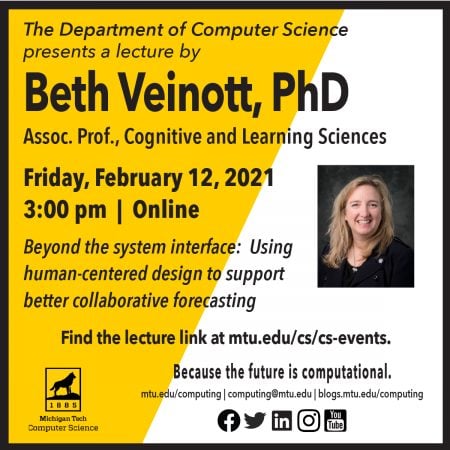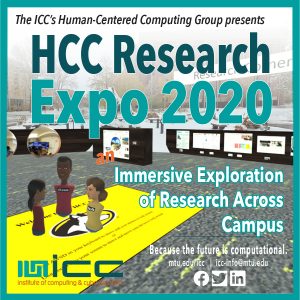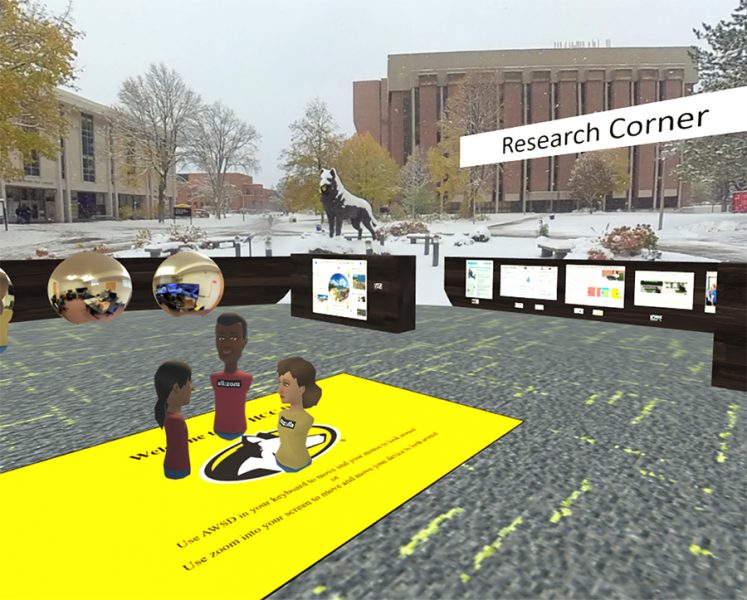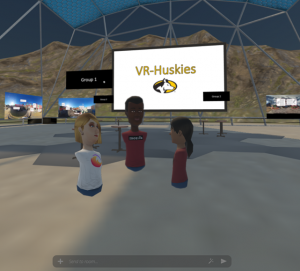One challenge affecting a variety of teams, such as software development, engineering, military, and crisis management, is overconfidence in the effectiveness of their plans. Referred to as the planning fallacy, Buehler et al. (1994) suggests that ignoring past failures is a key cognitive element in this phenomenon. This talk summarizes recent experiments examinin the effect of counterfactual reasoning strategies, thinking about what might have happened under different circumstances, on people’s reasons, confidence and predictions.
Leveraging a collaborative, structured analytic technique called the Premortem, this project extends research on counterfactual reasoning to estimates in planning. The results will be discussed in the context of advances in machine learning, AI, and crowdsourcing that have changed the information available to teams.







